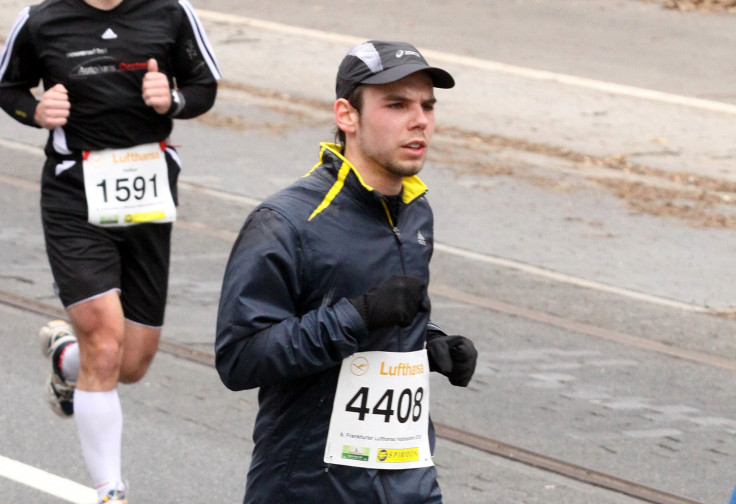
Germanwings co-pilot Andreas Lubitz didn’t leave a suicide note when he allegedly crashed a Flight 9525 into foothills of the French Alps killing himself, his co-pilot, and 148 other people on board. In the days following the March 24th crash investigators didn’t know if the tragedy was due to pilot error, a mechanical malfunction or a sudden health problem that caused one of the pilots to pass out. Now, after gathering evidence from the crash site, flight records and the pilots’ possessions investigators are confident that the crash was intentional, likely a dramatic and premeditated suicide by Andreas Lubitz.
In the wake of the crash investigators have learned that Mr. Lubitz battled severe depression. He saw councilors. He received antidepressants. He Googled search terms about depression, intermingled with keywords about commercial cockpit door security and suicide methods. American officials once denied him a flight permit because of his depression. French officials have searched his house and scrutinized his possessions finding a ripped up a doctor's note that would have excused him from work on the day of the crash. This week brought a new revelation: Mr. Lubitz repeatedly tested the autopilot settings he used to guide the Airbus A320-200 in the deadly descent towards 100 feet.
Crash “Dress Rehearsal”
Mr. Lubitz apparently “tested” autopilot settings that would crash the plane, programming it for a descent to 100 feet. According to investigators, he entered the settings multiple times during a his penultimate flight, the journey that brought him and his crew to Barcelona. As he reportedly did during the Flight 9525 crash, Mr. Lubitz entered the descent settings during the brief periods when lead pilot Patrick Sondenheimer was out out of the cabin. The “rehearsals,” which lasted just minutes, made the plane dip slightly, but wouldn’t have been noticeable to passengers inside the plane or air traffic controllers monitoring the flight from the ground.
Multiple Bouts With Depression
Depression wasn’t a new challenge for Mr. Lubitz. He’d overcome the adversity of debilitating depression which almost ended his flight career multiple times. In 2009, Germanwings parent company Lufthansa denied Mr. Lubitz a renewal in of his medical certificate due to depression. He was later cleared by doctors as fit to fly.
American Aviation Officials Concerned
When Lufthansa sent Mr. Lubitz to Arizona for further flight training in 2010, his application for FAA flight approval raised some flags. Lubitz may have tried to conceal his past problems with depression. He checked “no” on a question in the FAA medical questionnaire asking if he’d been treated for depression in the past. That answer was changed to “yes” after an FAA medical examiner found depression treatment in Mr. Lubitz’s medical records. The FAA eventually granted Mr. Lubitz flight approval after a German doctor assured the officials that the young pilot had “completely recovered,” according to NPR.
Lead Pilot Locked Out
One of the first signs that Mr. Lubitz had intentionally crashed the plane came from audio recordings in the Airbus’ “black box.” In the recording, Mr. Sondenheimer can be heard calmly trying to re-enter the cockpit sealed off by Mr. Lubitz. After the 2001 September 11th attacks in the United States, cockpit doors were redesigned to prevent forced entry by terrorists. After the Germanwings crash, cockpit door policies are being reexamined, and most airlines are mandating that a minimum of two crewmembers be present in the cockpit at all times, even if one is not a pilot.
Ripped-Up Doctors Notes
Investigators don’t know why, but at some point Mr. Lubitz stopped looking for help. A search of the co-pilot’s home found multiple doctor’s notes about his depression. One would have excused him from working on the day of the crash. “We cannot presume what was going on in his mind,” one French investigator told the New York Times. Mr. Lubitz’s doctors may have had an inkling of what was up in the co-pilot’s head, or they may not have. During his life, his medical records were protected by strict German privacy laws. After his death and considering the evidence that he intentionally crashed the commercial flight, his doctors may be allowed to disclose every detail in investigations by French authorities and possible prosecutions of Lufthansa.
© 2025 Latin Times. All rights reserved. Do not reproduce without permission.



